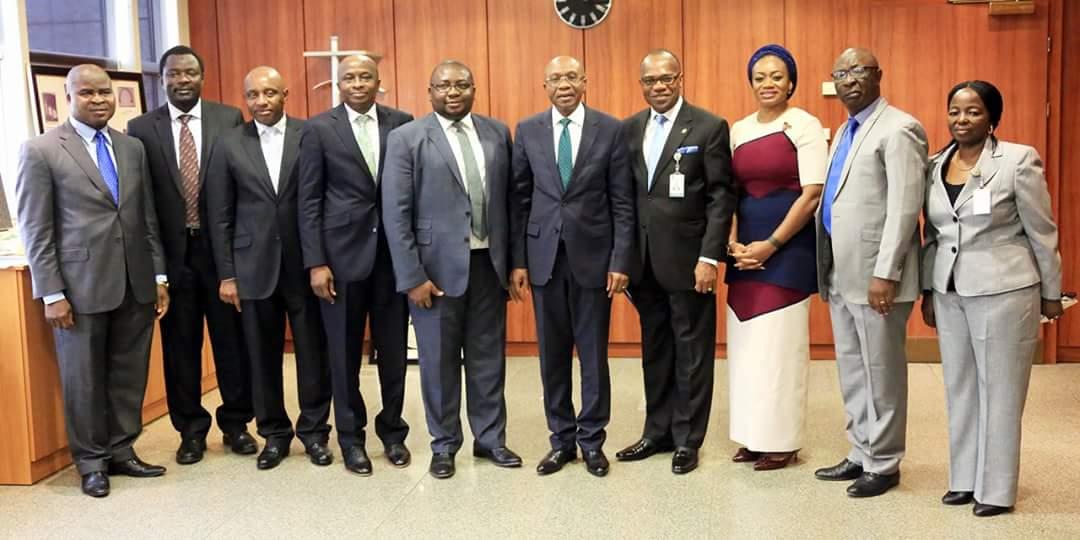Last week business activities were ushered in with the revelation from the National Bureau of Statistics’ (NBS) Domestic and Foreign Debt report for Q4-17 and 2017FY, which noted that Nigeria’s foreign and domestic debts stood at USD18.9bn and NGN3.35trn respectively as at 31st December 2017.
Business Hilights Intelligence Unit (BHIU) observed while disaggregating the figure that, the FGN debt accounted for 78.23% of total foreign debt while all States and the Federal Capital Territory (FCT) accounted for the balance of 21.77%. From both foreign (35.6%) and domestic (10.9%) standpoint, Lagos state accounted for the most of debt stock. Widening debt profile amid (1) increasing vulnerability of the economy to external shocks, (2) government’s inability to effectively diversify its revenue base, and (3) frail economic growth, raises concern over the fiscal sustainability of the economy.
It was reported during the week under review that the Senate passed the harmonized version of the Petroleum Industry Governance Bill (PIGB), following the adoption of the report by the Conference Committee on the PIGB. Among other things, the harmonized version of the bill seeks to unbundle the Nigerian National Petroleum Corporation and merge its subsidiaries such as the Department of Petroleum Resources and the Petroleum Products Pricing Regulatory Agency into one entity. While awaiting presidential assent, we reiterate our optimism about the PIGB vis-à-vis unlocking investment potentials in the petroleum industry.
On equities, Business Hilights observed that the long stretch of public holiday-shortened week closed on a positive note, halting two consecutive weeks of losses, as the ASI inched higher by 0.08% to 41,504.51 points.
The week’s positive close was aided by a last-session-gain of 1.72%, which outweighed a three-session cumulative loss of 1.62%, following bargain-hunting. However, the Month-to-Date return remained negative at 4.21% (marking the second consecutive month of loss), while the Year-to-Date gain increased marginally to 8.53%. Among sectors, the Consumer Goods (+1.73%) index was the sole gainer, while the Oil & Gas (-3.75%), Banking (-3.09%), Industrial Goods (-3.98%), and Insurance (-1.18%) indices closed in the red. Meanwhile, GLAXOSMITH (+33.33%) remained top gainer, while JAPAULOIL (-14.49%) emerged top loser.
Still-positive macroeconomic fundamentals continue to strengthen our medium-to-long term outlook for Nigerian risky assets, while lower prices of value stocks suggest likely bargain-hunting in the short term.
Under the Fixed Income and Money Market in Nigeria last week ending March 30, 2018, the overnight lending rate eased to 8.08%, representing a 484bps w/w contraction, against last week’s close of 12.92%. In the absence of any major outflows, inflows from matured OMO bills (NGN201.12 billion) supported system liquidity.
This week, nflows totaling NGN833.55 billion — maturing OMO bills (NGN338.50 billion); maturing treasury bills (NGN190.40 billion); FAAC allocation (NGN304.65 billion) — are likely to outweigh outflows; thus, higher liquidity. In effect, a contraction in the overnight lending rate is likely.
On treasury bills activities, figures show that proceedings in the NTB market were bullish, with sentiments driven by increased liquidity levels. As a result, average yield fell by 14 bps to 14.74%. High demand for the 21DTM (-157 bps), 98DTM (-92 bps), and 189DTM (-43 bps) bills caused yield contraction at the short (-7 bps), mid (-18 bps), and long (-9 bps) ends of the curve, respectively.
However, yields are expected to drop in the meantime, supported by expected buoyant system liquidity.
At the NTB auction scheduled for next week, the CBN will offer NGN95.20 billion – N9.52billion of the 91-day, N47.60 billion of the 182-day, and NGN38.08 billion of the 364-day – worth of bills to the market.
In the bond market, average yield rose by 16bps, to 13.69%, on the back of quarter-end profit-taking. Yields expanded at the short (+18 bps), mid (+13 bps) and long (+16 bps) segments, following selloffs of the JUL-2021 (+26 bps), MAR-2027 (+14 bps), and MAR-2036 (+25 bps) bonds.
Analysts are upbeat that the bond market continues to favour lower yields, driven by (1) investors continued reaction to sustained moderation in inflation, (2) strengthening signals of monetary easing, and (3) the FGN’s new debt management strategy.
Talking about foreign exchange, theme on the forex market remained stability, as the USD/NGN traded flat at NGN362 all week in the parallel market, while it strengthened by 0.14% to NGN360.20 in the I&E FX window.
The apex bank continued to support the naira, injecting USD210 million into the FX market during the week, comprising USD100 million, USD55 million, and USD55 million disbursements to the wholesale, SMEs, and invisibles windows, respectively.
The foreign reserves continued to record steady accretion, as it increased by 1.21% to cross the USD46 billion-mark at USD46.21 billion. Meanwhile, total turnover in the I&E FX window in the holiday-shortened week was 13.47% lower than the previous week at USD950.62 million.
On the other hand, rates are likely to continue trading within current bands, as oil revenues (driven by stable oil prices and production) further shore up foreign reserves, aiding the apex bank’s interventions in the forex market.









